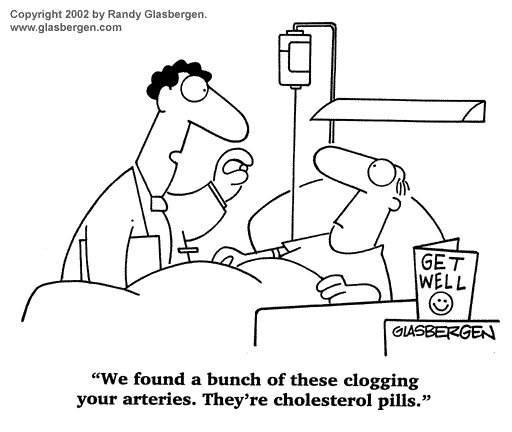
If you’ve read my post on the Core Four nutritional supplements, you know that I recommend that everyone should take a probiotic supplement. The main reason being that 80% of your immune system resides in your intestines, and by keeping the ratio of healthy bacteria (intestinal flora) in proper balance – it can have a profound impact on your health and well-being.
The good thing about probiotics is that they don’t even need to be taken every day. Once the healthy flora has been introduced into your gut (usually after several weeks), they tend to multiply and flourish easily on their own. The benefits of taking a probiotic include: improved digestion, strengthen immune function, and better nutrient absorption.
Now, new research is giving us more reasons to take a probiotic supplement. Probiotic bacteria have the potential to alter brain neurochemistry and treat anxiety and depression-related disorders according to research published in the Proceedings of the National Academy of Sciences.
According to Science News:
“Mice fed broth fortified with a type of friendly intestinal bacteria called Lactobacillus rhamnosus behaved less anxiously than mice fed broth without bacteria. Those behavior changes were accompanied by differences in levels of a brain-chemical sensor and stress hormones.
In addition, ingestion of the bacteria resulted in significantly lower levels of the stress-induced hormone, corticosterone. These findings highlight the important role of bacteria in the communication between the gut and the brain, and suggest that certain probiotic organisms may prove to be useful adjunct therapies in stress-related psychiatric disorders.
This is the first time that it has been demonstrated that potential probiotics have a direct effect on brain chemistry – it is something that defintely warrants more research. So, if better digestion and a stronger immune system weren’t good enough reasons to add a probiotic to your daily routine- you can now add happiness to that list.






